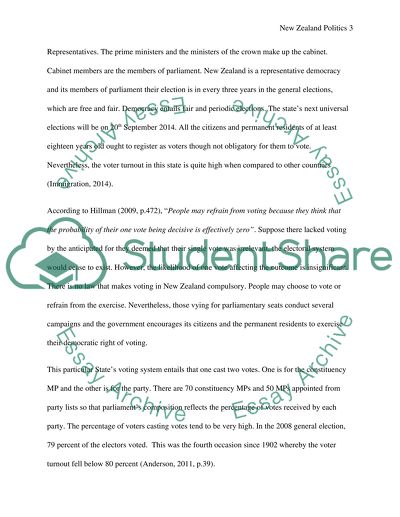Cite this document
(“New Zealand Politics Essay Example | Topics and Well Written Essays - 1500 words”, n.d.)
Retrieved from https://studentshare.org/social-science/1654496-new-zealand-politics
Retrieved from https://studentshare.org/social-science/1654496-new-zealand-politics
(New Zealand Politics Essay Example | Topics and Well Written Essays - 1500 Words)
https://studentshare.org/social-science/1654496-new-zealand-politics.
https://studentshare.org/social-science/1654496-new-zealand-politics.
“New Zealand Politics Essay Example | Topics and Well Written Essays - 1500 Words”, n.d. https://studentshare.org/social-science/1654496-new-zealand-politics.


